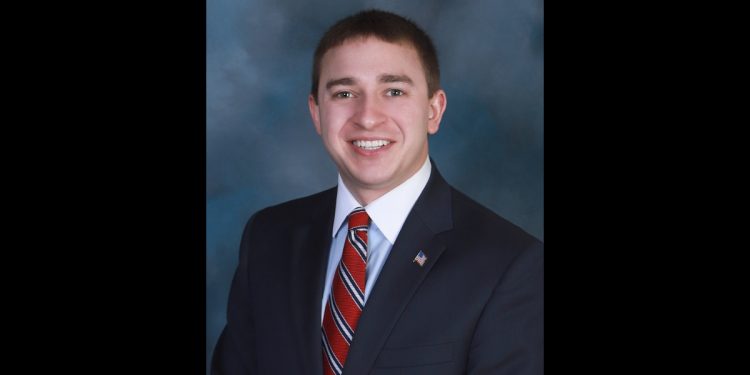By District Attorney Ryan Sayers
2023 Vol. 27 & 28
This week will feature two questions submitted by readers since there was not an article last week due to the Fourth of July.
These two questions are related to each other because they both deal with the issue of a person being incarcerated after they have been charged but before a trial or sentencing.
The first question a reader asked is, “how can someone be charged for crimes without being in custody?”
The short answer is that it is up to the judges and it all depends on the seriousness of the charges.
The longer answer is that there are two main reasons that a person might not be incarcerated after being charged with a crime.
The first reason goes back to the beginning of the year when we discussed the Pennsylvania Sentencing Guidelines.
If a person is charged with a crime and he/she is only facing a punishment of probation or a few days in jail, then it is not logical to have that person incarcerated for a period of months waiting for sentencing.
A couple prime examples of this are individuals that get charged with a DUI that might be facing three days in jail or an individual that possesses a small amount of a controlled substance, which is typically probationary sentences.
The other main reason ties into the second question of this week’s Q&A and that deals with a bail.
If a person posts bail to get out of jail, then as long as that person abides by the conditions of bail imposed by the judge, then he/she will not be incarcerated.
As a final point on this question, our county jail only can hold around 200 inmates at any given time. If we were to incarcerate everyone that has been charged with a crime, everyone serving a sentence and everyone being held on a bench warrant or domestic relations warrant, then we would likely need a jail with a capacity of upwards of 1,000 beds.
Now onto the second question for this week that I received from a reader—“can you explain bail and how it is determined?”
The purpose of bail is to ensure that a defendant that has been charged with a crime will not flee the jurisdiction while awaiting trial and/or to protect society from that individual.
There are four main types of bail used in Clearfield County. First is unsecured bail, which means that a person does not need to provide any money to get out of jail. This is typically set on less serious cases and where the person is facing minimal or no jail time.
Second is secured/monetary bail, which requires posting the amount due through a bail bonding agent. These defendants are usually charged with more serious crimes, there is a concern for the safety of the victim/society, and/or the person is a flight risk.
Third is supervised bail, which means the person is monitored by the adult probation department when then are not incarcerated but pending trial or sentencing.
This type of bail is typically for individuals that are not facing very serious charges but there is a concern they might not show up for court, have a drug/alcohol problem or some concern for victims/witnesses.
Finally, we have denied bail and this means that the person is incarcerated and there is no amount of money that they can post to get out of jail.
Bail being denied is typically reserved for the most egregious cases, like murder.
Bail is originally set by the magisterial district judge (aka magistrate) when the defendant is first arrested by the police for a crime.
The magistrate reviews the complaint and charges, and asks the person about his/her address, occupation, family members, ties to the community, assets/income, criminal history and other related questions.
However, unlike the Sentencing Guidelines, there is no chart to refer to that says bail should be set at ____ amount for a certain charge.
This means that the amount is solely up to the discretion of the magistrate or once a case is through the preliminary hearing, then the Court of Common Pleas judges also hear arguments to modify bail.
Next week I will continue to answer questions that have been submitted by readers in regards to the criminal justice system.
Ryan Sayers is the elected District Attorney of Clearfield County, Pennsylvania.
The information contained in this article is provided for informational and educational purposes only, and should not be construed as legal advice on any subject matter.
You should not act or refrain from acting on the basis of any content included in this article without seeking legal or other professional advice.
The contents of these articles contain general information and may not reflect current legal developments or address your situation.




